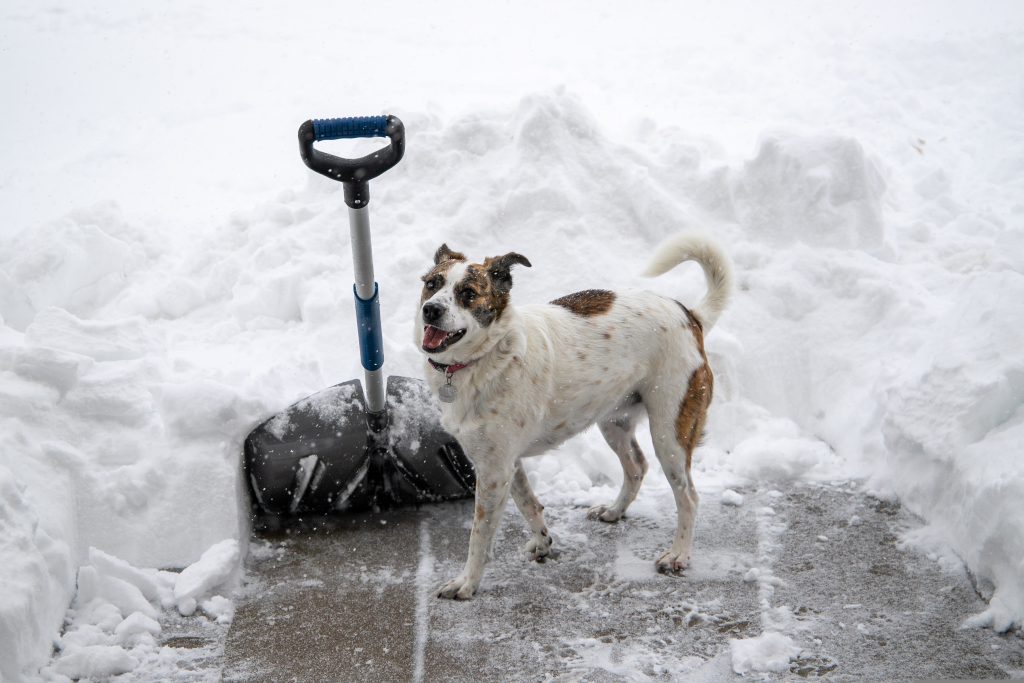Feline Infectious Peritonitis is a complex and often fatal viral disease that affects domestic and wild cats. It is caused by certain strains of the feline coronavirus that have mutated within the cat’s body. This mutation allows the virus to replicate rapidly in the cat’s immune cells, leading to a severe inflammatory response.This disease has long been considered nearly always fatal, but recent advancements in treatment have offered new hope for affected cats.
Signs and Symptoms:
The signs and symptoms of FIP can be varied and non-specific, making early diagnosis challenging. Common symptoms include persistent fever that doesn’t respond to antibiotics, weight loss, and loss of appetite. In the wet form, cats may develop a swollen abdomen or chest due to fluid accumulation, leading to breathing difficulties. The dry form can cause inflammation in various organs, resulting in symptoms such as jaundice, neurological signs, or eye problems . Other symptoms may include lethargy, anemia, and poor coat condition. As the disease progresses, affected cats often show a gradual decline in overall health. It’s important to note that these symptoms can mimic many other feline diseases, which is why veterinary diagnosis is crucial. The non-specific nature of early FIP symptoms often leads to delays in diagnosis, highlighting the importance of regular veterinary check-ups for cats, especially those at higher risk.
Treatment Advice from our experts:
Until recently, FIP was considered virtually untreatable, with most care focused on palliative support. However, recent developments have brought new hope in the form of antiviral drugs. Treatment typically involves a course of daily injections for at least 12 weeks, with close monitoring of the cat’s response. Supportive care remains a crucial part of treatment, including fluid therapy, nutritional support, and management of specific symptoms. It’s important to note that treatment can be expensive and intensive, requiring a significant commitment from the cat’s caregiver. Early diagnosis and treatment initiation are key factors in improving the chances of recovery. While these new treatments offer hope, they are not universally available or successful in all cases, and consultation with a veterinarian experienced in FIP treatment is essential for developing an appropriate care plan.
Preventive Measures:
Preventing FIP is challenging due to the complex nature of the disease and the widespread presence of feline coronavirus in cat populations. However, several strategies can help reduce the risk. Maintaining good hygiene in multi-cat environments is crucial, including regular cleaning and disinfection of litter boxes and food bowls. Reducing stress in cats’ living environments can help support their immune systems, as stress is believed to be a factor in the mutation of the coronavirus into its FIP-causing form. In breeding catteries, it’s advisable to wait until kittens are at least 14 weeks old before adoption, as this allows their immune systems to mature. While there is a vaccine available for FIP, its effectiveness is limited and it’s not generally recommended for most cats. Instead, focus on overall health maintenance through regular veterinary check-ups, a balanced diet, and a stress-free environment. For households with multiple cats, isolating any new cats for a period before introduction can help prevent the spread of coronavirus. While these measures cannot guarantee prevention of FIP, they can help reduce the risk and contribute to better overall feline health.
Conclusion:
Feline Infectious Peritonitis remains one of the most challenging diseases in feline medicine, but recent advancements have brought new hope to cat owners and veterinarians alike. The complex nature of FIP, from its viral mutation to its varied symptoms, underscores the importance of vigilant health monitoring and prompt veterinary care for cats. While the disease can still be fatal, the development of antiviral treatments has dramatically improved the prognosis for many affected cats, transforming FIP from a nearly always fatal condition to one that can potentially be managed and even cured in some cases. However, these treatments are not yet universally available or successful, highlighting the ongoing need for research and development in this field. Prevention strategies, focusing on good hygiene, stress reduction, and overall health maintenance, play a crucial role in managing the risk of FIP in cat populations. As our understanding of this disease continues to evolve, it’s clear that early detection, access to new treatments, and comprehensive care are key to improving outcomes for cats with FIP. The journey of FIP from a devastating diagnosis to a potentially treatable condition serves as a testament to the progress of veterinary medicine and offers hope for the future of feline health.




 On demand visits for urgent issues 24/7
On demand visits for urgent issues 24/7 








